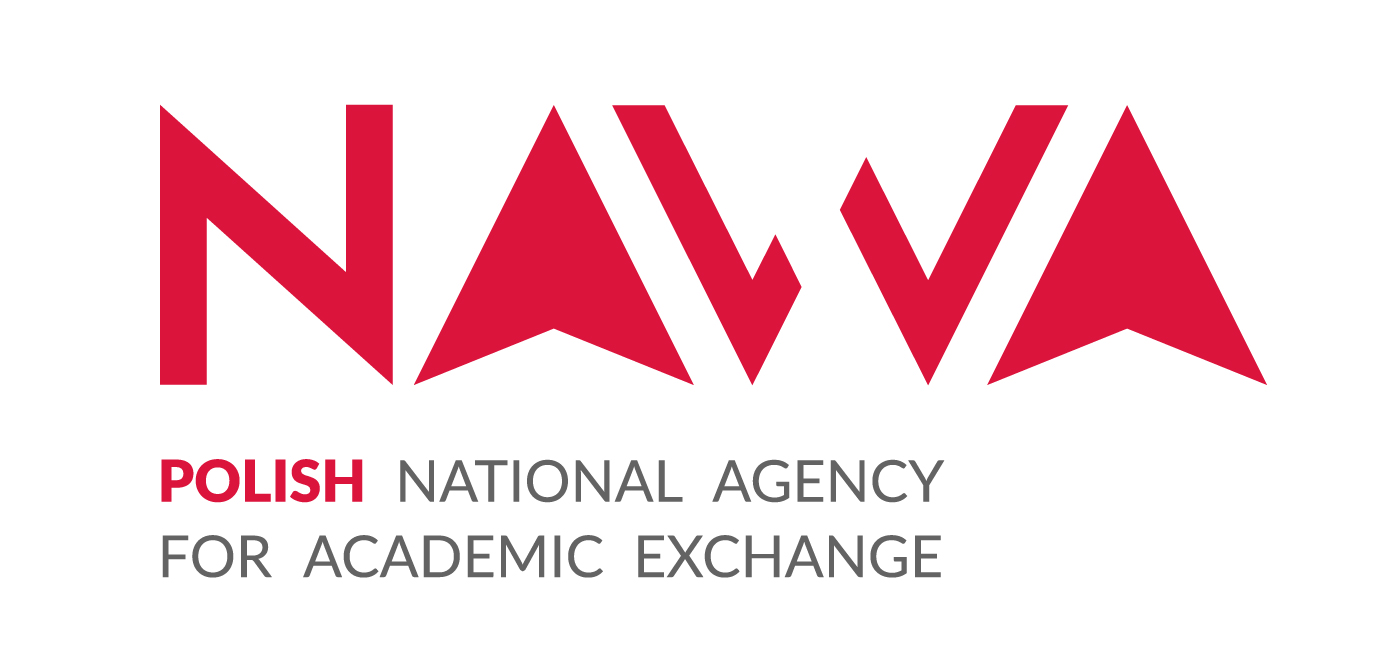Intellectual property management
Intellectual property is defined as all products of an intellectual process that have taken a material form (a record, a drawing, a sketch, an object, a plan, a design, a book, etc.) Intellectual property is a set of rights that results from various human activities, especially in the literary, artistic, scientific and industrial fields. These areas are protected under the following legal acts:
- in the scope of artistic, scientific, and literary property rights – Act of 04 February 1994 on Copyrights and Related Rights (Polish Journal of Laws / Dz. U. of 1994 No. 24, item 83 as amended)
- in the scope of industrial property law – Act of 30 June 2000 on Industrial Property Law (consolidated text – Polish Journal of Laws / Dz. U. of 2003 No. 119, item 117 as amended)
- Act of 27 July 2001 on the Protection of Databases
- Act of 16 April 1996 on Combating Unfair Competition
CopyrightsPursuant to the Act of 04 February 1994 on Copyrights and Related Rights, the authors (creators) of an intangible (intellectual) good are entitled to copyrights as of the time of creation of such a good. Copyrights cover each and every manifestation of a creative activity of an individual nature, established in any form, regardless of its value, intended purpose, or manner of expression (work). The author is entitled to protection irrespective of any formalities, which means that a given work does not have to be submitted or registered anywhere for the protection to apply. Copyrights are divided into:
- Author’s moral rights, which are not limited in time (are indefinite) and may not be waved or disposed of. The author has the right to: be the author of the work; to sign the work with their name or pseudonym, or to make their work available to the public anonymously; inviolability of the contents and form of their work and proper use thereof; decide on making the work available to the public for the first time; and to supervise the manner in which their work is used.
- Author’s economic rights – the right to use the work and manage it in all fields of use, and to receive remuneration for the use of their work. These rights may be transferred, inherited or encumbered. It is also possible to contractually authorise a third party to use the work (via a licence agreement). Author’s economic rights expire after 70 years as of the author’s death or, if the work was co-authored, after 70 years as of the death of the co-author that survived the others.
If a work is created as a result of fulfilling one’s duties under their employment, the employer acquires author’s economic rights within the scope following from the purpose of the employment contract and mutual intention of both parties at the time of accepting the work. Moreover, in the case of scientific works created in the course of performing one’s duties resulting from their employment relationship, the research institution shall have priority in publishing the scientific work of their employee. This priority expires if during six months as of the date of delivering the work, no contract for the publishing of the work is signed with the author, or if the work is not published within two years as of its acceptance.SourceRESOLUTION NO. 68 OF THE SENATE OF THE UNIVERSITY OF WARSAW of 22 March 2017 on the enactment of the Rules of intellectual property management at the University of Warsaw.








